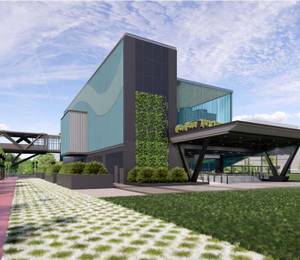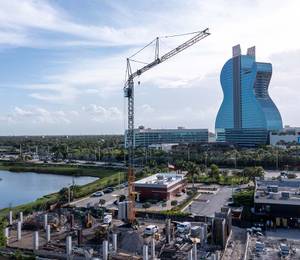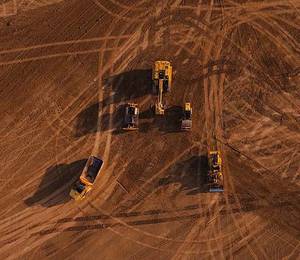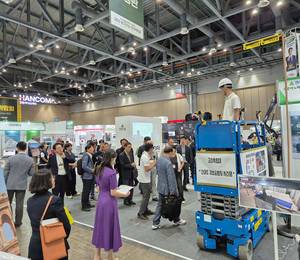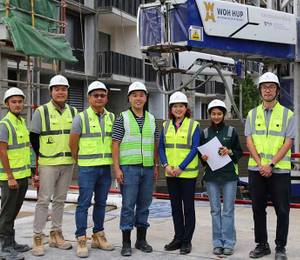Malaysia’s construction industry is set to recover in 2021 and expand by 14.6% after construction activity was brought to a standstill across many parts of the country due to the impact of Covid-19 containment measures, according to GlobalData, a leading data and analytics company. “However, the recovery is more a reflection of the depths to which activity fell in 2020 amid the Covid-19 lockdown, rather than a sign of resurgence,” said the company.
Based on GlobalData’s report, ‘Construction in Malaysia – Key trends and opportunities to 2025 (Q2 2021)’ Malaysia’s construction activity had slowed considerably in 2019, owing to delays in several mega construction projects and an increase in unsold housing stock. This weakness was further exacerbated with the pandemic in 2020. As a result, construction value-add declined by 19.4% in real terms. The recovery in 2021 will be driven by investments in transportation and energy projects as well as affordable housing.
Malaysia’s construction industry is expected to post an annual average growth rate of 6.5% in real terms between 2022–2025, driven by a recovery in economic conditions, coupled with investments in transport infrastructure, renewable energy, residential, telecommunications and water infrastructure projects, explained GlobalData.
In mid-December 2020, the government approved a 2021 budget worth MYR322.5 billion (US$75.8 billion), which is the largest in the country’s history, and is 2.4% higher than 2019’s budget of MYR314.7 billion (US$74 billion). Of the total budget, 73.3% is allocated towards operational expenditure, 21.4% towards development expenditure and the remaining 5.3% towards dealing with the Covid-19 pandemic.
Willis Rooney, economist at GlobalData said, “Recovery over the forecast period will be supported by the government’s aim to increase the share of renewable energy in the total energy mix from 2% in 2019 to 20% by 2025; to achieve this, an investment of MYR33 billion (US$7.8 billion) will be required over the next six years.
“Forecast period growth will also be supported by the development of telecommunication infrastructure to improve the quality and coverage of 4G broadband services and set the foundation for 5G in the country. To support this, the government launched the Jendela Plan, with an investment of MYR21 billion (US$4.9 billion), to be implemented between 2020 and 2025.”
Both residential and commercial construction struggled over the course of 2020, with the recovery in both sectors expected to be gradual, said GlobalData. The residential sector’s output over the short term is expected to remain weak due to the disruption to residential construction activity, coupled with weak demand for housing. Reflecting the weakness in the sector, in 2020 there were double digit year-over-year (Y-o-Y) declines in the total value of residential construction work performed, as well as the total value of loans disbursed for the purchase of residential properties.
Mr Rooney added, “There will be some relief to the residential construction market arising from the government’s intention to increase the stock of affordable housing. It plans to build one million housing units to cater for homebuyers in the bottom 40% income bracket by the end of 2029.
“As part of the 2021 budget, the government announced further measures to support the housing sector, which includes collaboration with financial institutions to roll out a rent-to-own programme, which will benefit first-time home buyers until 2022. The government also allocated funds for the construction of houses for low-income home buyers, which will be used to build housing units under the People’s Housing Program, as well as the Rumah Mesra Rakyat and Perumahan Penjawat Awam housing programmes.”
Photo: Umar Mukhtar/Pexels
